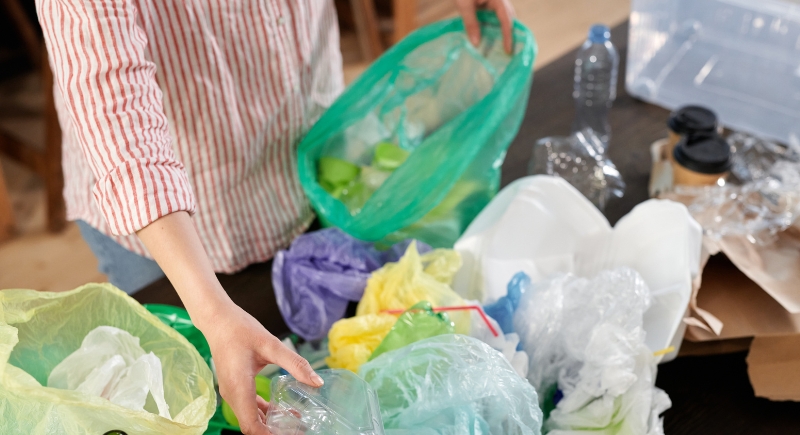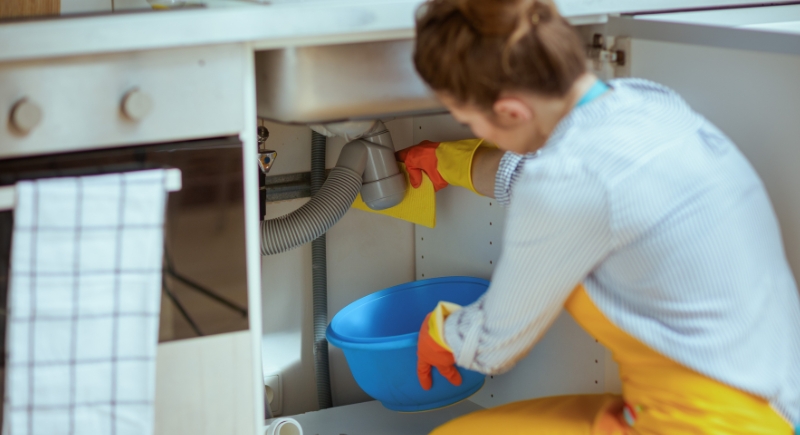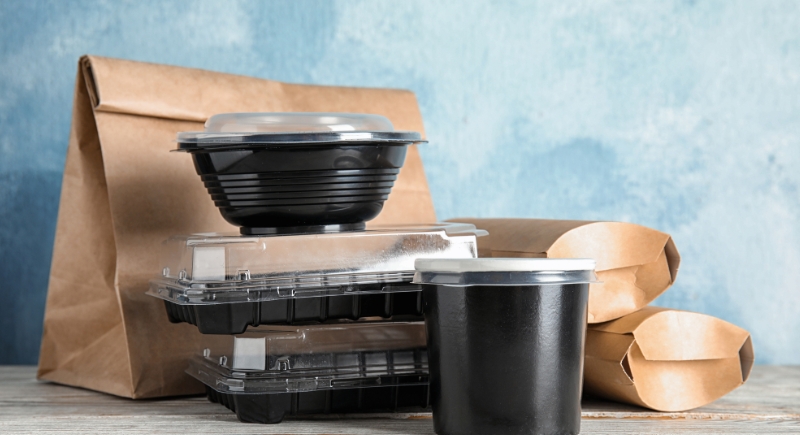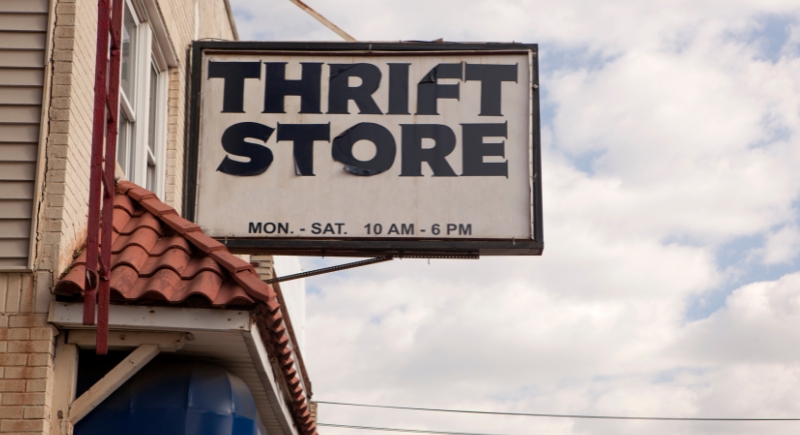10 Signs You Were Raised by Frugal Boomer Parents
Growing up with frugal Boomer parents leaves habits that follow you for years. Their choices came from real financial pressure, so small routines doubled as lessons about stability. Many of those practices stay with you without you noticing. If comparing prices, saving containers, or stretching every purchase feels natural, you likely picked it up long before adulthood.
Extreme Coupon Gratitude

Credit: Getty Images
Coupon culture ran deep in penny-pinching homes, and kids learned early that a clipped coupon equaled real savings. A CouponFollow research study shows that digital coupon users save an average of $1,465 a year, and those numbers make sense when remembering that many families treated Sunday newspaper inserts like treasure maps.
Plastic Bag Archives

Credit: pexels
Saving every plastic grocery bag wasn’t about environmental awareness. It was practicality. While most people toss them, frugal households store them in kitchen drawers and linen closets. They fit bathroom trash cans perfectly, and running out felt like running out of a basic supply.
Light Switch Discipline

Credit: stock dignity
Many households today pay close attention to energy use, and studies in environmental psychology show that people who feel personally responsible tend to conserve more. That same mindset shaped earlier family habits as well. Parents expected everyone to turn off lights when leaving a room, and some even timed appliance use to avoid higher rates during peak hours to keep monthly bills under control.
DIY Fixing

Credit: Canva
A broken sink or wobbly chair rarely led to calling a professional. A U.S. PIRG report found that repairing appliances and electronics can cut household costs by about 21.6%, and close-fisted parents lived that truth long before it was measured. Kids watched repairs happen at the kitchen table and grew up believing most problems could be solved with the right screwdriver.
Water Over Soda

Credit: Aflo Images
Menus offered plenty of drinks, but water was free, and mingy families treated that fact like a public service. A 2024 Popmenu survey found that over half of restaurant guests now choose water, but frugal-raised adults had been doing so long before it became a trend. It wasn’t a statement. It was a habit.
Homemade and Practical Gifts

Credit: pexels
People who were raised in frugal households tend to choose homemade or practical gifts because sincerity matters more to them than price tags. That habit comes from watching parents bake cookies, knit scarves, or repurpose items instead of buying something new. A LendingTree survey notes that 47 percent of Americans go into debt for gift-giving, which is exactly what these families tried to avoid by keeping generosity simple and affordable.
Takeout Container Loyalty

Credit: Africa Images
Today, many people save takeout containers without even noticing, and that habit often comes from growing up in a frugal home. Families once stacked those sturdy soup containers for next-day meals, teaching kids that tossing something useful made no sense. That early lesson explains why adults raised this way still hang on to every lid and container.
Leftover Logic

Credit: pexels
Party leftovers were fair game, and taking home extra food was smart, not rude. Many parents saw waste as unnecessary when perfectly good meals could be reheated or frozen. Children who grew up watching that mindset still accept to-go plates without hesitation.
Price-Per-Ounce Math Skills

Credit: Getty Images
Some families turned grocery trips into math lessons. Calculating unit prices became second nature, which is why adults raised this way can compare products within seconds. It wasn’t about being tight. It was about being informed.
Secondhand Confidence

Credit: Getty Images
Thrift stores and estate sales, even curbside finds, weren’t embarrassing. They were opportunities. Many frugal-raised adults grew up with furniture that came from yard sales or hand-me-down piles, and they still enjoy the thrill of scoring something useful at a low price. Clearance racks and thrift aisles remain familiar and comforting because bargains were built into childhood.